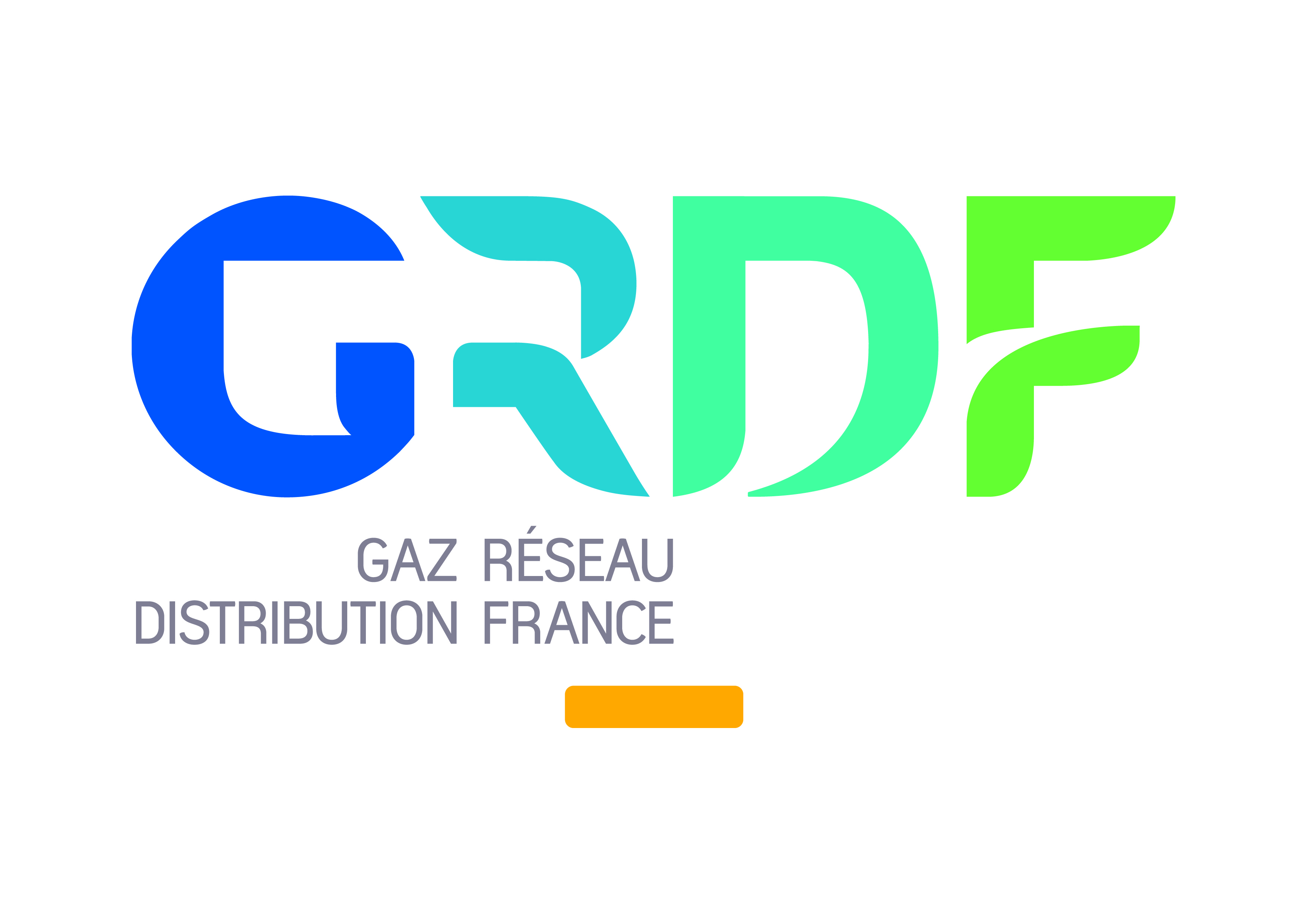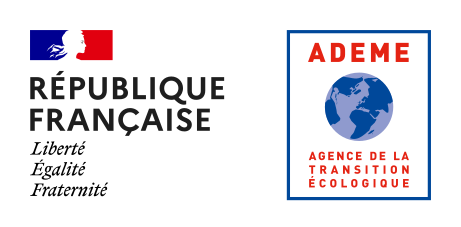
EnerG Institute – Energy for Society Chair
In the face of the climate emergency and the profound transformation of our energy systems, how can we rethink our relationship with energy to build a more sustainable society? The Energy for Society Chair, which becomes the EnerG Institute in 2026, brings together researchers and partners to study sustainable energy solutions and their societal impacts. It also contributes to enriching academic programs and developing new executive education offerings to support companies, public decision-makers and citizens in mastering the key challenges of the energy transition.

Overview
In the context of the energy transition, the EnerG Institute’s mission is to understand social and economic dynamics. Its work aims to shed light on collective choices and promote sustainable, inclusive and responsible models that serve society.
Since its creation in 2019, the work of the Energy for Society Chair has contributed to a better understanding of the social acceptability of new energy infrastructures, and to the emergence of public policies and corporate strategies aligned with climate objectives. Rooted in dialogue between researchers, companies and local territories, the Chair acts as a think tank serving the European energy transition.
Building on the Chair’s work, the EnerG Institute expands its scope of action to address challenges such as energy geopolitics, market fragmentation, technological uncertainties and the energy crisis. It aims to become a reference platform on the interconnected issues of energy, energy sovereignty, democracy and transition.
Objectives
To fulfill this mission, the EnerG Institute mobilizes research, experimentation and dialogue between public, private and academic stakeholders. Its ambition: to transform knowledge into actionable levers for a fair and effective energy transition.
Its main objectives:
- Support strategic, independent and collaborative research
- Develop strategic observatories
- Decode current events and contribute to public debate
- Make the energy transition a core pillar of education at GEM
- Provide tools to move from insight to action
Governance
The EnerG Institute relies on a structured, collaborative governance framework built around three key bodies. It is chaired by an external figure who ensures overall strategic direction and validation. Operational leadership is entrusted to Carine Sebi, Associate Professor of Economics at GEM, responsible for coordinating activities, leading research and managing partnerships. The Institute is also guided by a scientific and strategic committee composed of three groups:
- Funding partners
- GEM faculty members contributing to the research areas
- A panel of external experts and academics, ensuring scientific quality, expertise and diversity of perspectives
In the context of the energy transition, Carine Sebi highlights:
Research Areas: Energy Transition, Energy Economics and Social Acceptance
The research areas of the EnerG Institute are currently being consolidated. They will draw from the expertise of the “Energy and Environmental Management” faculty team. They will address topics such as:
- Energy markets and pricing
- Business models
- The European energy transition
- Flexibility
- Energy efficiency
- Social acceptance
- Combating misinformation etc.
Attention will be given to territorial dynamics as well as intersections between energy and agriculture (e.g., methanation or agrivoltaics). The selection of research themes will be based on both scientific and strategic alignment, validated by the Institute’s scientific and strategic committees.
EAGLE 2030
By launching its strategic plan EAGLE 2030, GEM Alpine Business School reaffirms its ambition to fully embody its commitment to major transitions. Its roadmap is structured around three key pillars:
- Journey, a pedagogical innovation that rethinks how students learn through experiential and immersive pathways
- Sciences, positioning GEM as a central player in scientific innovation and technological transitions
- Transitions, mobilizing the entire community to support the sustainable transformation of organizations and society
Through EAGLE 2030, GEM is reinventing its educational model to offer a learning experience that is hybrid, engaged and focused on the major challenges of our time: climate, technology and society. The EnerG Institute contributes fully to this dynamic through its research and educational activities.
Research collaborators
The work of the Energy for Society Chair and the future EnerG Institute relies on a team of experts in energy economics, the energy transition, social acceptance, public policy, and business models.
- Frédéric Bally, Assistant Professor, KEDGE Business School
- Valeria Fanghella, Assistant Professor, EDHEC Business School
- Benedeta Canfora, PhD
- Corentin Gariel, Postdoctoral Researcher in Strategic Management
- Eduardo Mendez, Research Fellow, Universidad Iberoamericana, Mexico
- Joachim Schleich, Senior Professor of Economics
- Carine Sebi, Associate Professor of Economics
- Anne-Lorène Vernay, Associate Professor of Strategic Management
With the research team “Energy and Environment Management”.
Sponsors and partners of the Energy for Society Chair
 |  |  |  |


